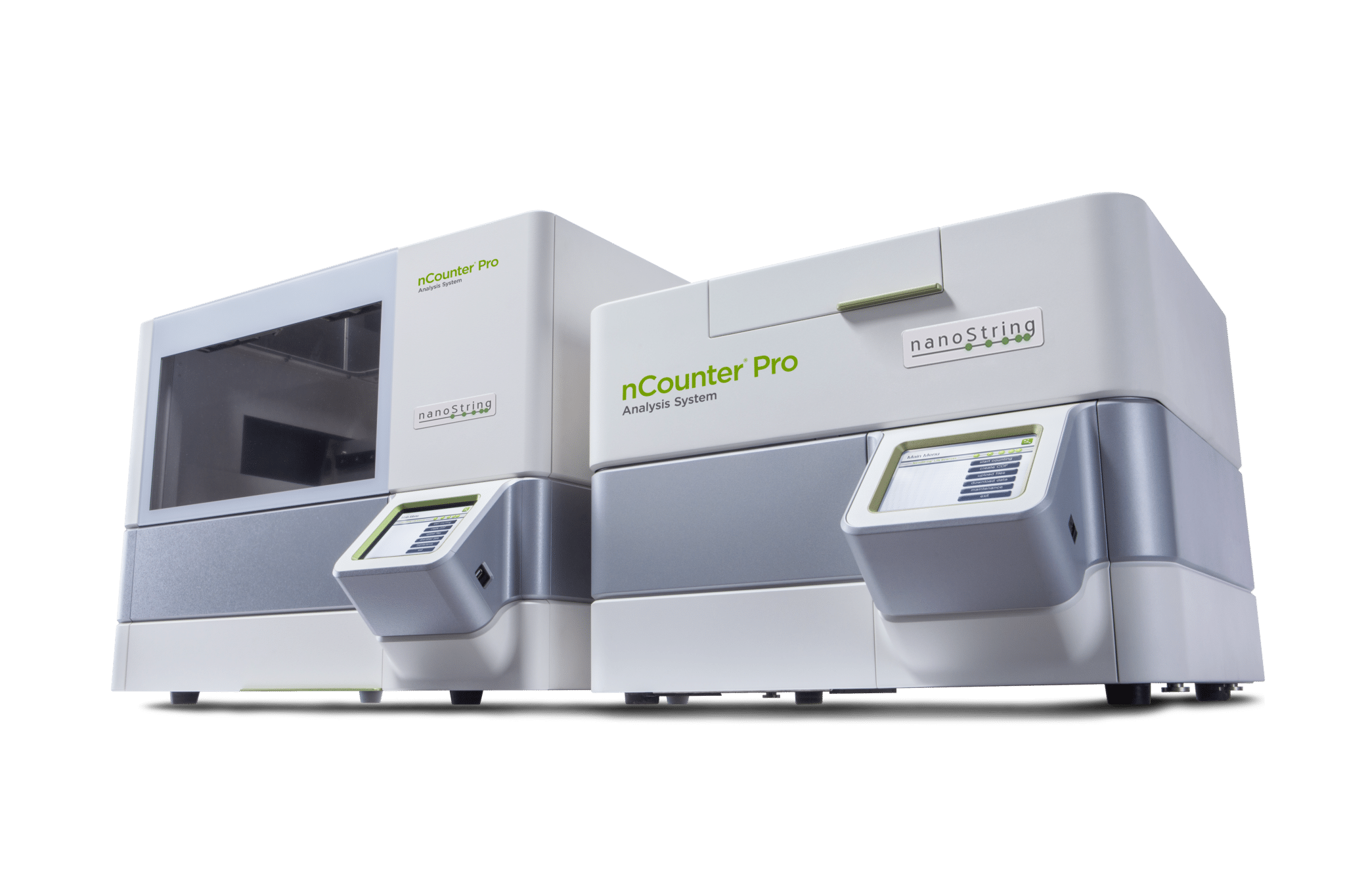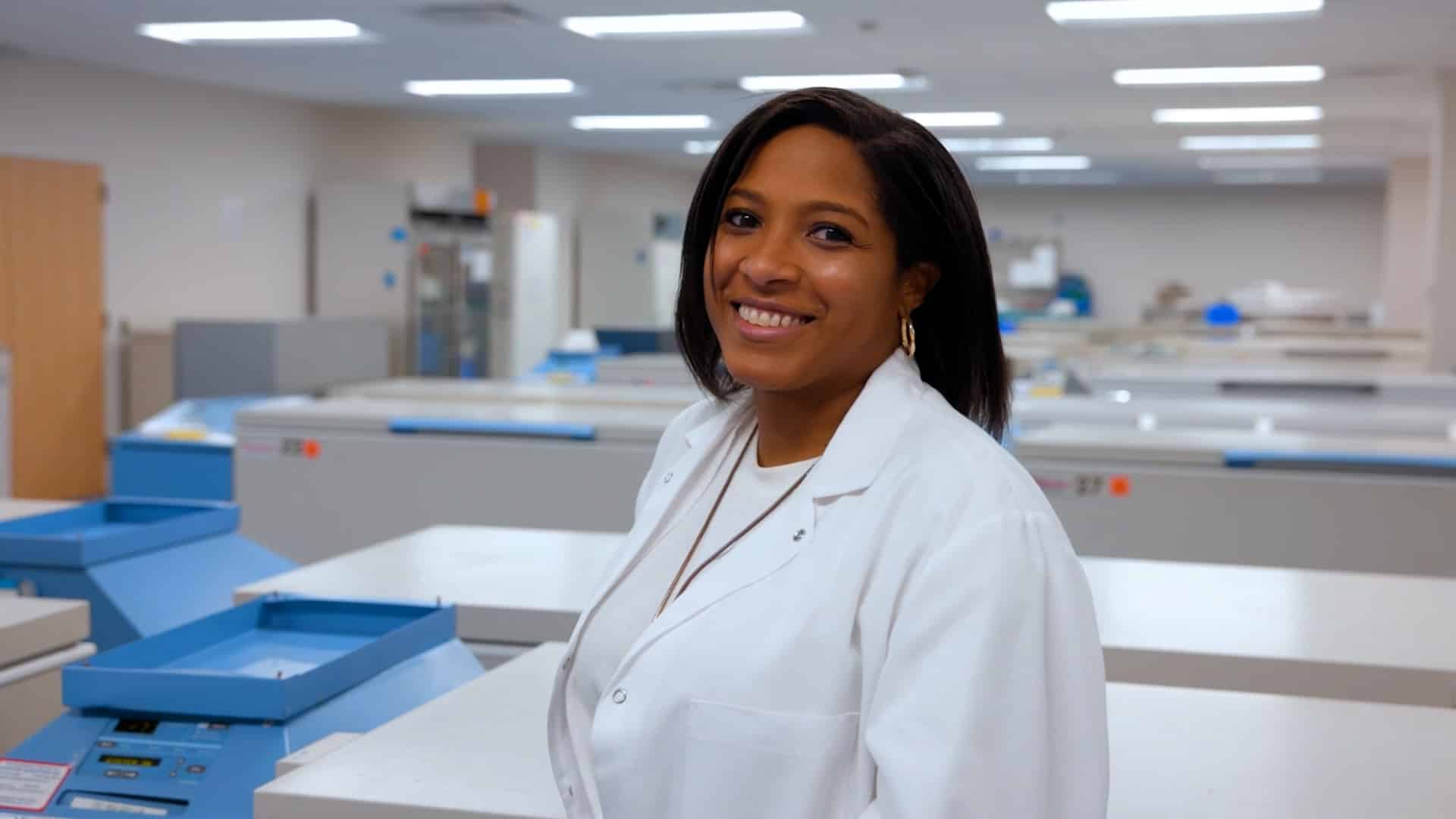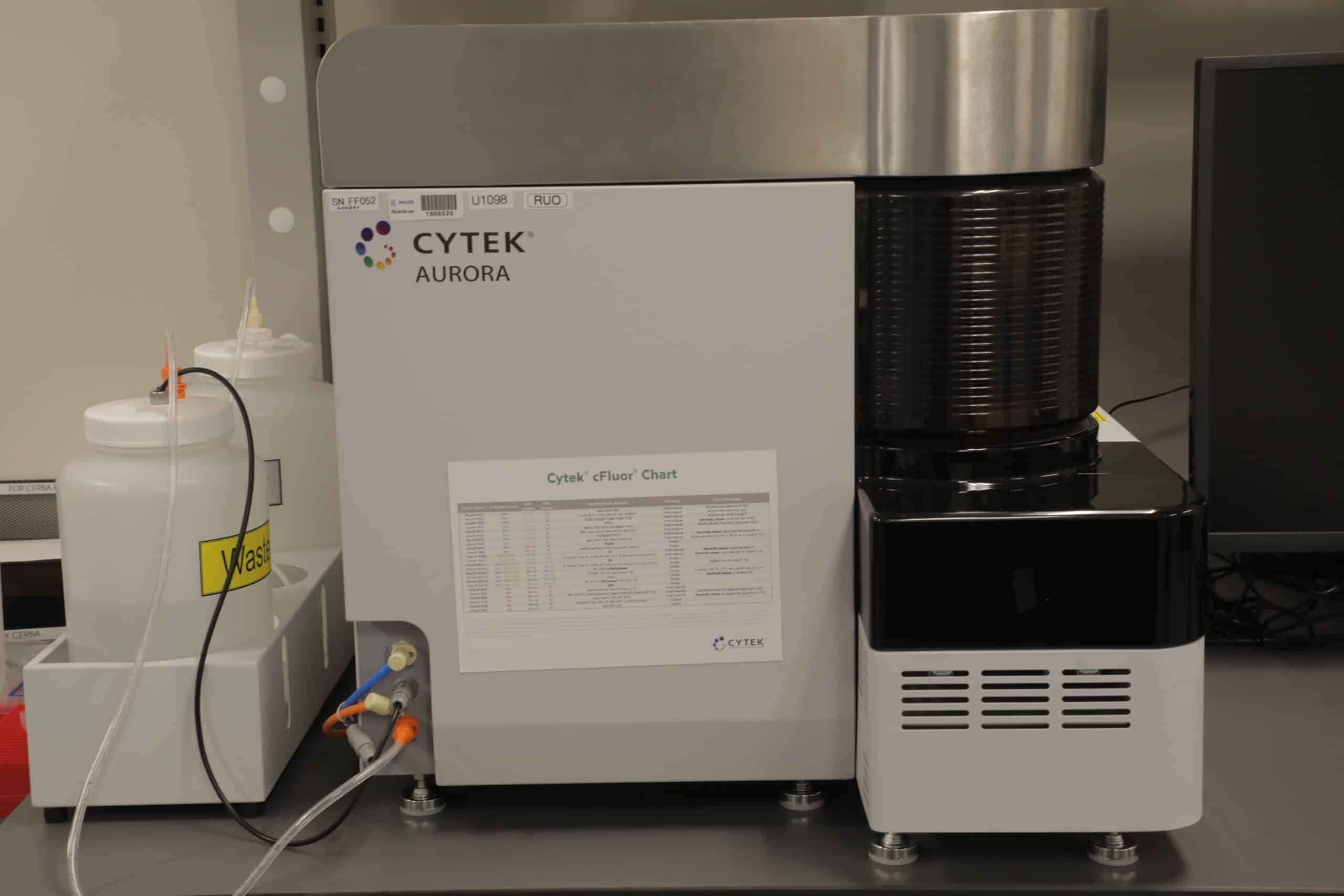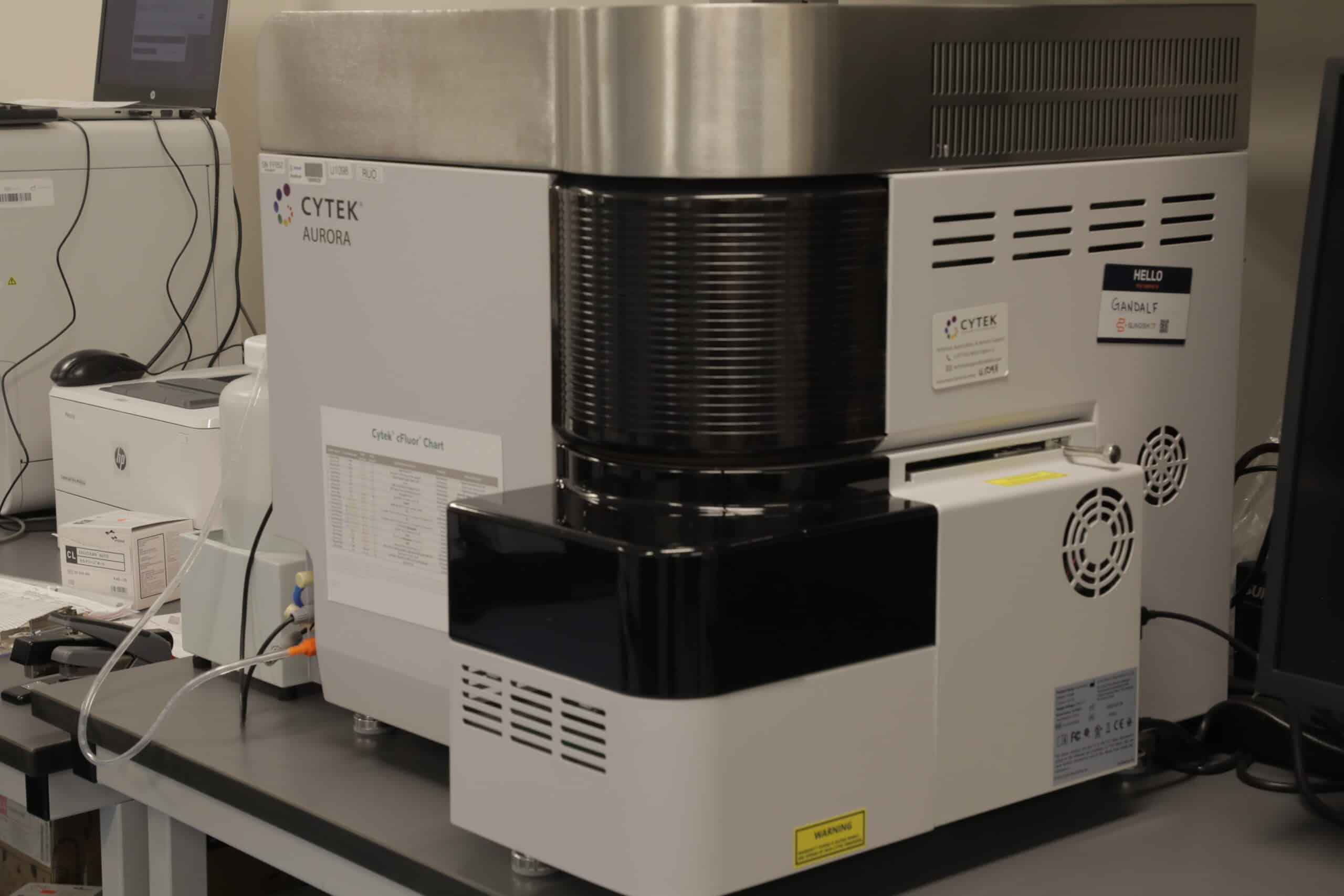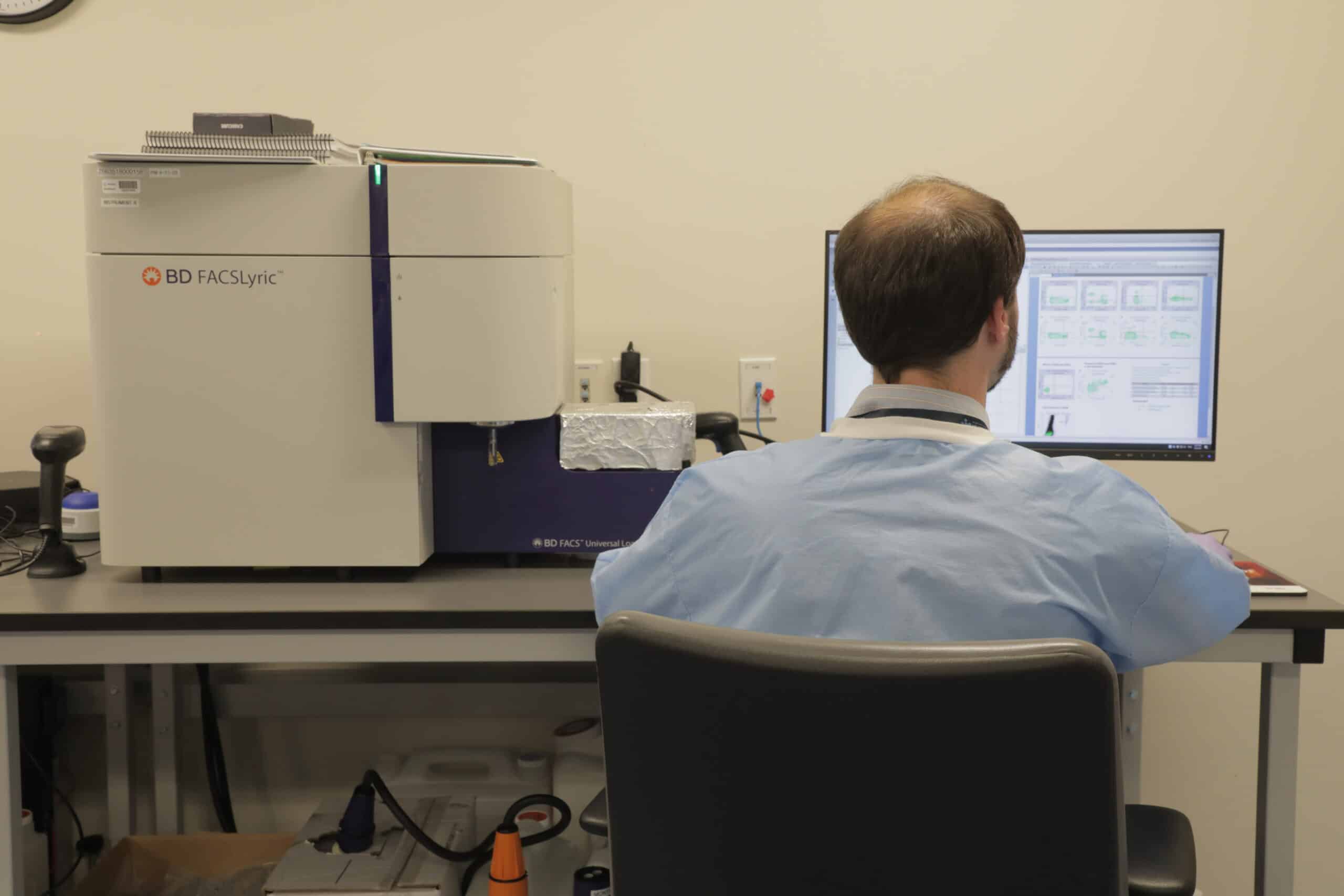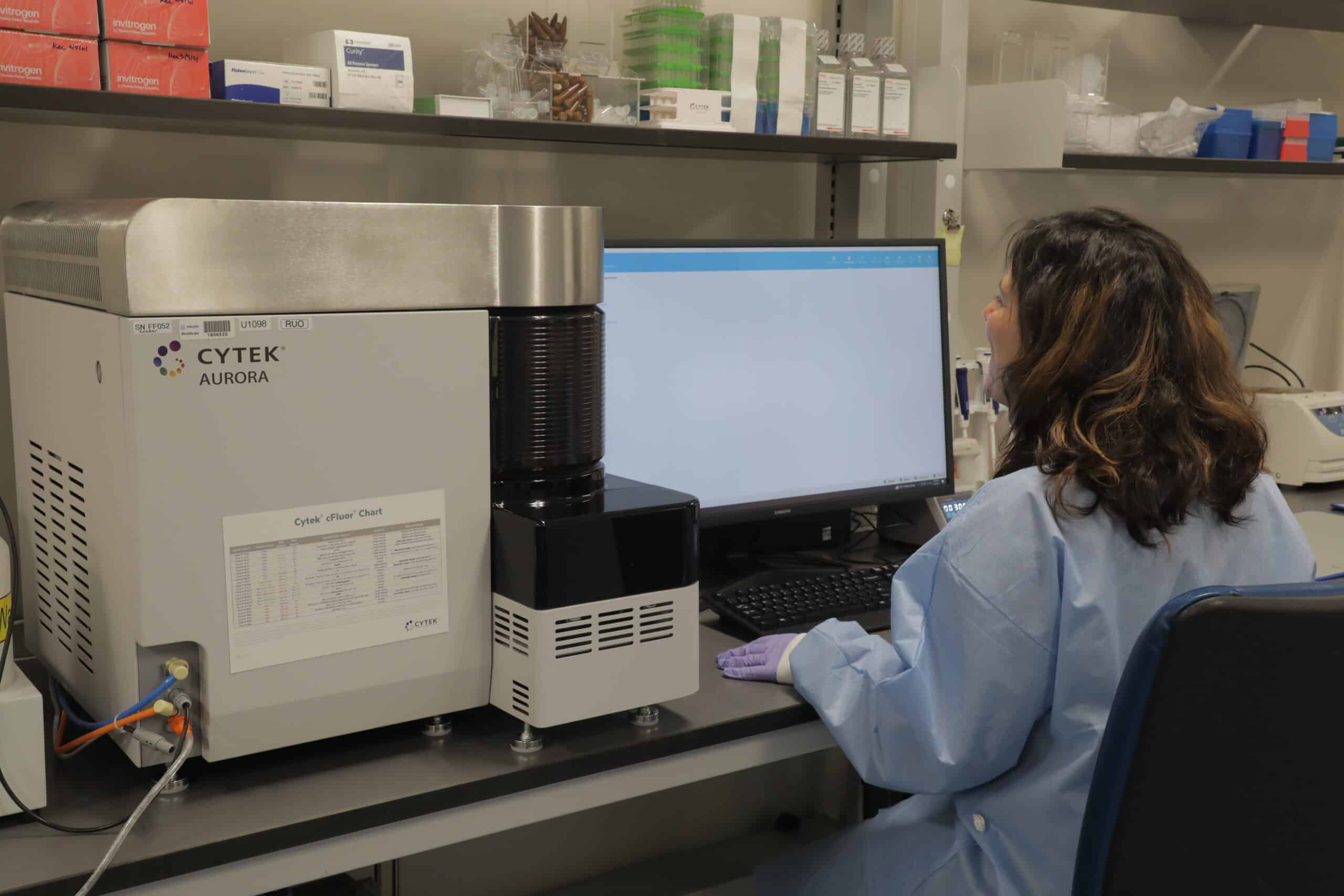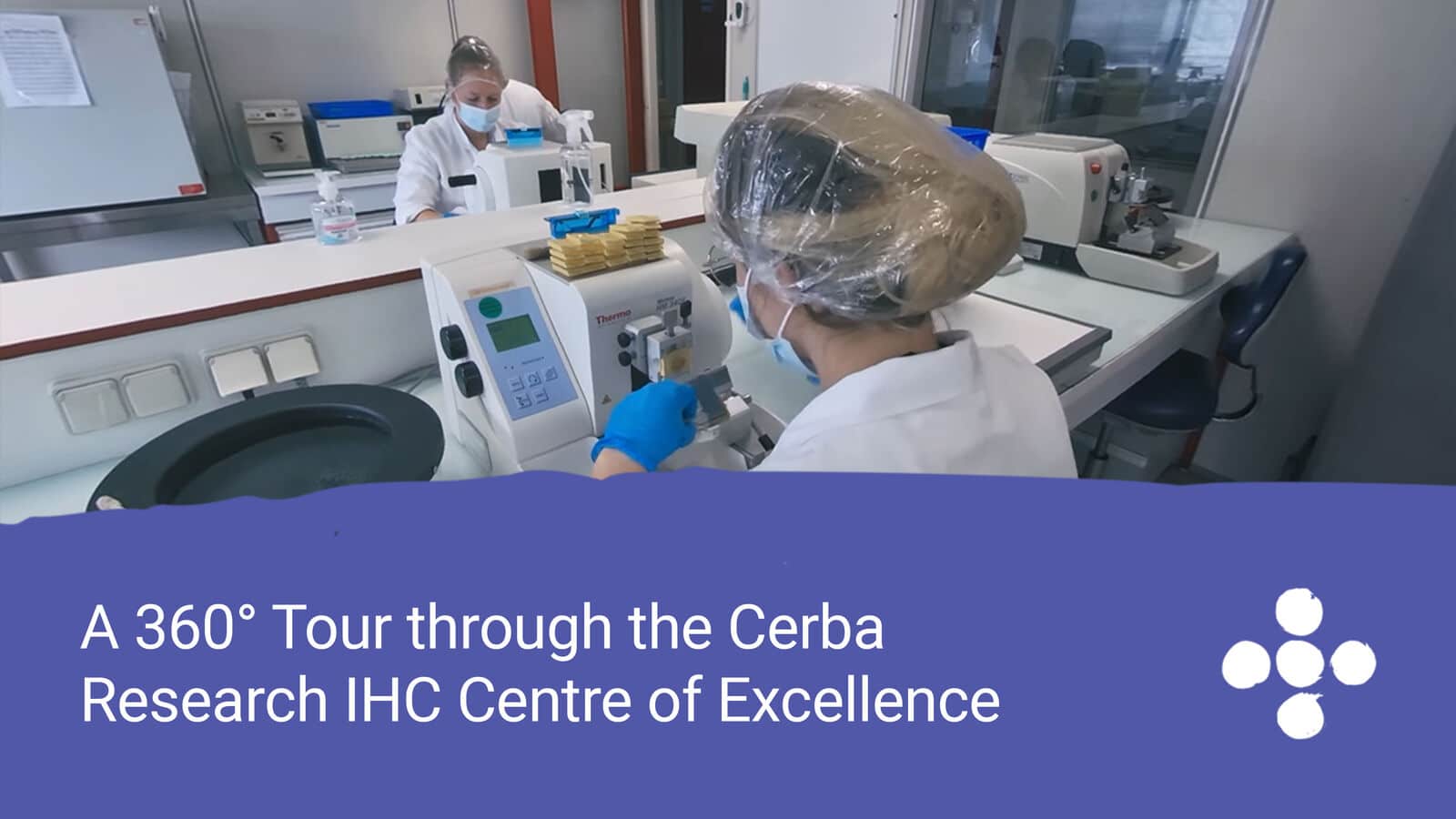Liver biopsies are the gold standard for Non-Alcoholic Steatohepatitis diagnosis and thus essential to NASH clinical trials, yet obtaining them is invasive, can be painful and comes with risk of complications. Making optimal use of these valuable samples is therefore critical.
In this webinar, our experts will highlight possible ways to get the most out of liver biopsies and moreover, provide an overview of alternative methodologies.
The presenters will discuss available stainings of liver biopsies for diagnosing NASH, how alternative and innovative imaging can facilitate pathologists’ reading of the samples and how the placebo effect can impact study results. Together, they will lead the discussion on how to determine the best process for trials and boost the optimal use of liver biopsies for studies.
Speakers
Fanny Estermann, PhD, Biomarker Study Team Leader, Cerba Research Montpellier
Fanny Estermann holds a PhD in Biology. She conducted successfully her work on oncolytic viruses at Salk Institute for Biological Studies (La Jolla, CA, USA), paving the way for a new type of targeted cancer therapy. As a specialist in cancer research, she then worked on senescence, cancer and metabolism at the Cancer Institute of Montpellier (ICM, France). She focused her work on metabolism dysfunctions and its consequences in the global health and cancers. She then joined the Montpellier’s University Hospital center (IRMB, France) to develop cutting-edge stem cell, cancer and senescence techniques. After gathering extensive experience in cancer research, stem cells and metabolism, she received a degree in Clinical Trials from the University of Medicine of Montpellier before joining Cerba Research, as Biomarker Study Team Leader and Regional Head of Project Management. Her main goal with her team is to deliver high quality results to clients by designing and conducting custom scientific projects to fit clients’ needs in preclinical and clinical trials. She has been closely involved in the management and development of Cerba Research biopsy processing and new stainings. She is a direct interlocutor of many NASH KOL.
Manon Motte, Head of Image Analysis, Cerba Research Montpellier
Graduated as Master in Skin Biology at the University of Lyon, Manon worked for more than 7 years in the pharmaceutical industry in a Morphology Histologic team (R&D department) for Dermatological projects. She has a strong experience in the implementation of transverse Histology/Omics technology as well as in the validation of Image analysis applications (Pre-clinical and clinical Studies). Manon is also a specialist in histological techniques and related processes. Today, Manon has chosen to extend her experience in the histology and immunohistochemistry department of Cerba Research as an imaging manager and ensures compliance with GLP and ISO17025 standards in order to ensure maximum reliability in the results delivered to our customers. Manon leads the team advancing NASH associated imaging solutions to assist in the pathologist’s evaluation at Cerba Research. This development includes the evolution of digital pathology and software assisted analyses specific for NASH histological stains and their associated scores.
Pablo Ortiz, MD, PhD, Chief Scientific Officer, OWL Metabolomics
Pablo Ortiz became MD by Universidad Autónoma of Madrid (1972-1978) where he also achieved his PhD (1984-1990, Cum Laude) and Postgraduate with Honors in the Autonomous of Barcelona University about “Biostatistics in Medicine” (1980-1981). Pablo Ortiz graduated as an MD from Universidad Autónoma in Madrid (‘72-’78), after which he continued to a Postgraduate with Honors in Biostatistics in Medicine at the Barcelona University (‘80-’81). He also holds a PhD in Biostatistics in Medicine, obtained from Universidad Autónoma.
Pablo has extensive training in managing R&D projects and clinical trials, and over 25 years of experience (1979-2004) within the Medical Department of Boehringer Ingelheim. He was named Honorary Professor at the Faculty of Medicine of Málaga University in 2000 and from 2008 to 2011, and currently teaches in the Master’s in Biotechnology program at the University Pompeu Fabra of Barcelona. From June 2004 until November 2012, he was CEO at Digna Biotech, a company created as a spin-off of University of Navarra, which he left with 4 clinical-Stage Products (1 small peptide, 2 proteins and 1 viral vector). He was member of the Board of Trustees in Fundación Moderna (Goverment of Navarra) and 2 Biotechs companies (Bionure and ProRetina) from 2010 to 2011. From January 2013 to date, Pablo is head of the Biotech division at Pivotal (Clinical CRO). He joined OWL in January 2013 as a senior consultant, in June 2014 as Chief Executive Officer and is currently its Chief Scientific Officer. He has published more than 30 papers in international peer-reviewed journals.
Reach to our experts and discover how we can help you advance your clinical trial
Contact Us
